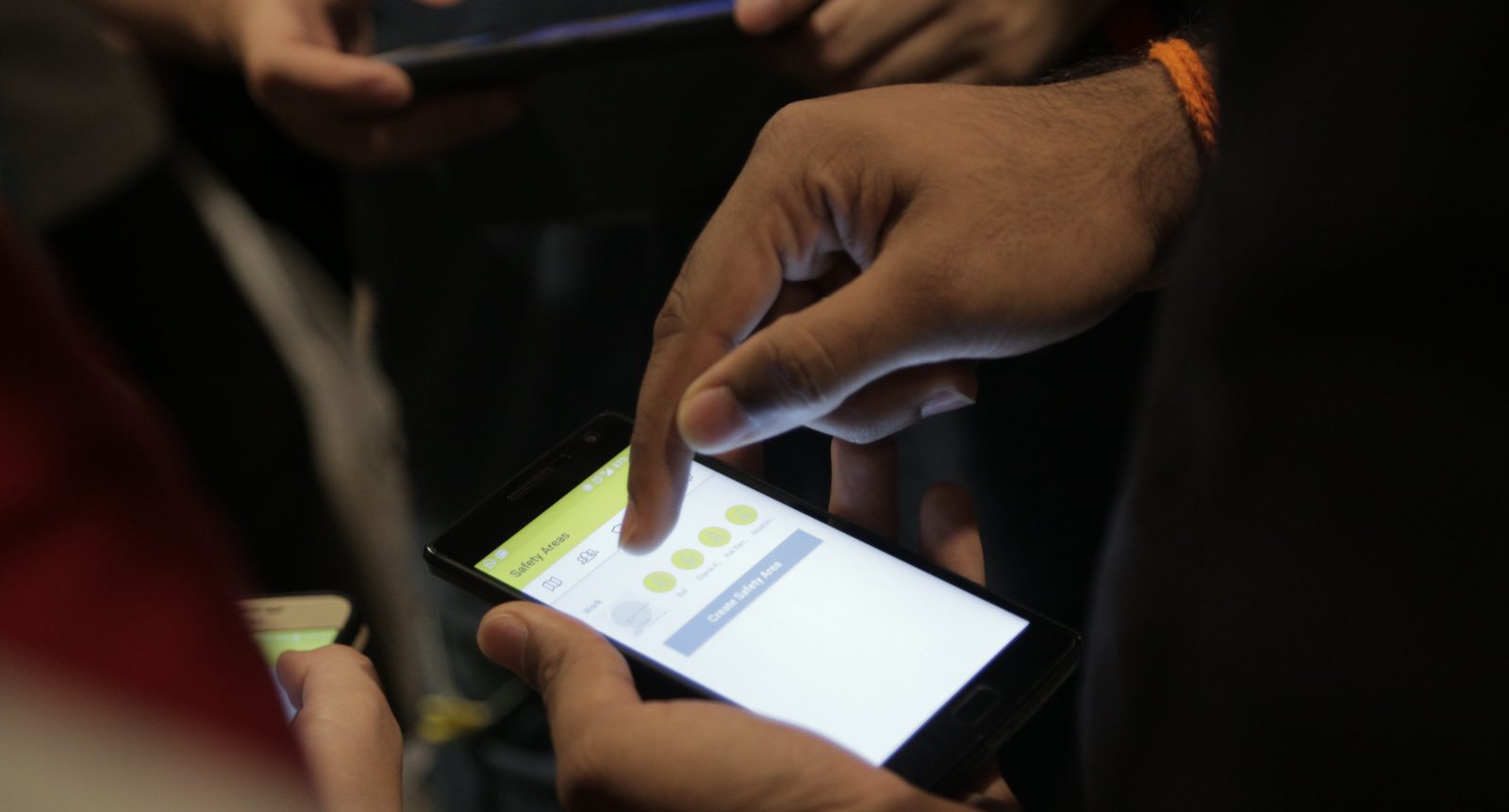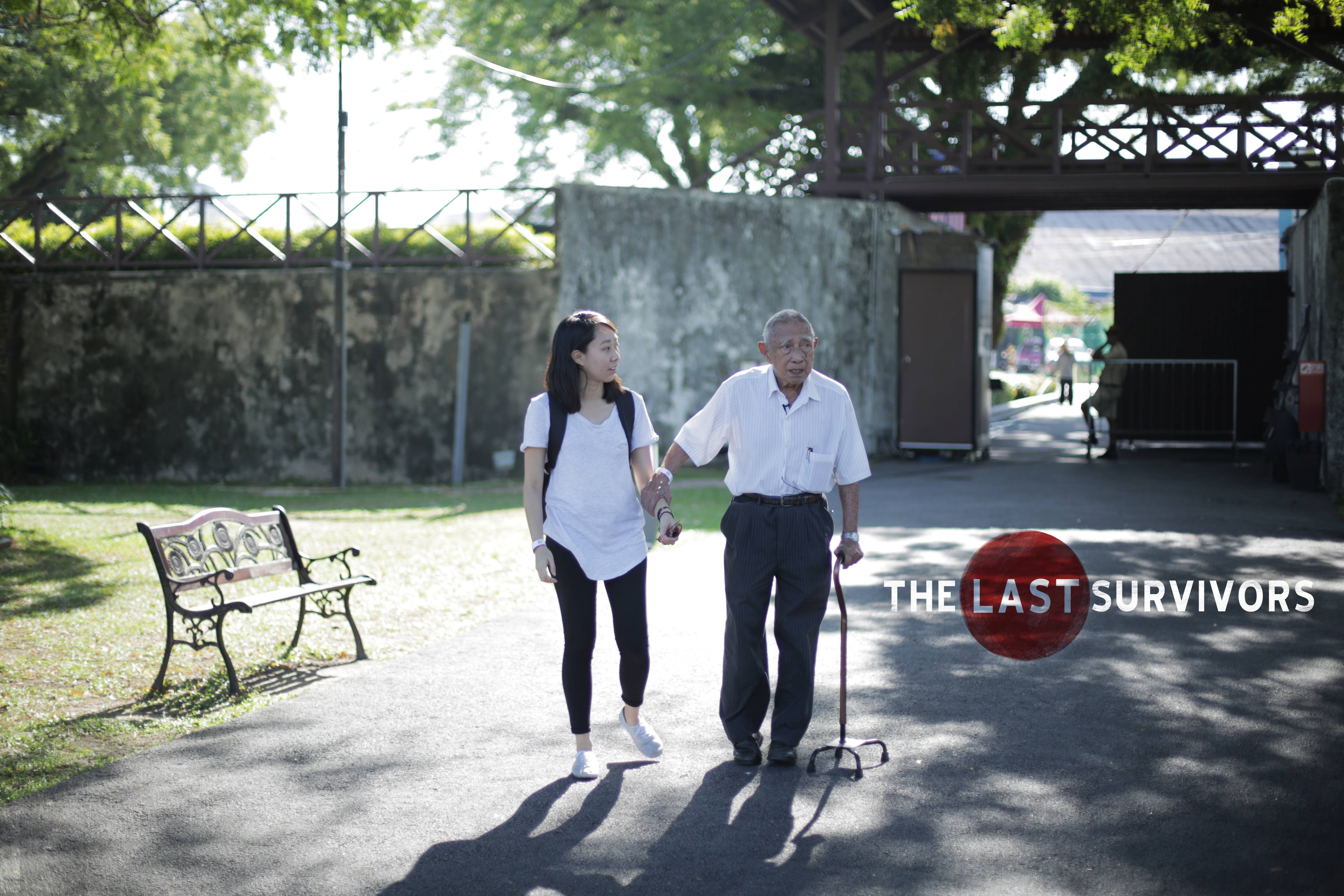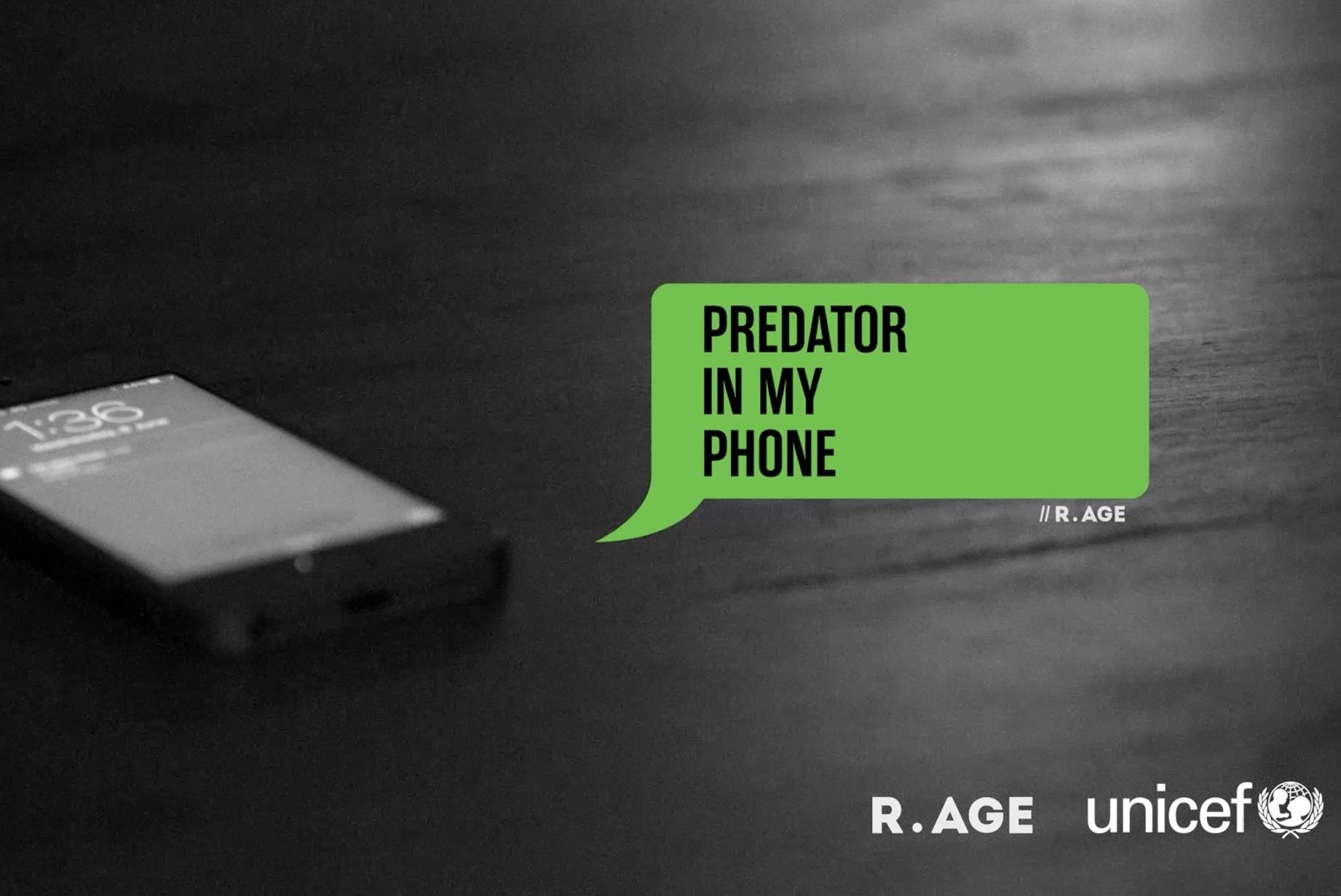HOW well do you know your kids’ Internet browsing history? What have they been doing online for the past 24 hours? Who have they been chatting with?
These are questions parents should be asking, but knowing how elusive teenagers can be about their online habits, answers might be difficult to come by.
Thankfully, the Digi Family Safety app launched last week could help change that. The app is dedicated to connecting parents with their children in order to keep the family safe.
It’s one of the many measures telecommunications giant Digi has taken in recent years to ensure a “safer mobile experience”, according to Digi chief marketing officer Loh Keh Jiat.
“This is the first step for Digi to take on a holistic approach to safeguard our customers’ digital life,” he added.
The app has seven key features, including some that allow parents to track their children’s whereabouts, block phone numbers and set restrictions on what apps can be used. It even allows family members to send panic alerts to the family group.
Up to seven family members can be registered and protected under the same account.
The launch of the app is especially timely as it comes in the wake of multiple reports of online child sexual exploitation through mobile technology.
The Digi Family Safety app is already available on Google Play Store. An iOS version is slated for release in August.
But Digi isn’t just counting on the app alone. They worked with P.S. The Children (PSC), a child advocacy NGO, to create an online safety workbook called #SafeWeb4Kids to help educate children about the dangers they might face online, and how they can overcome them.
PSC board member Natasya Saufi said the workbook connects both parents and children by educating both parties and encouraging healthy discussions between them.
“We mustn’t just restrict children’s privacy and put filters. We must also talk about issues and the boundaries that need to be put in place,” said Natasya.
The workbook, which avoids lecturing children about the dangers online, but teaches and encourages them to think before sharing anything online, includes easy-to-read pictorial guidelines about password protection and accepting friend requests.
“We can’t just say, ‘No, don’t do this’ and not provide any alternatives,” said PSC training and education executive Shaney Cheng. “By telling them what they can do, they are more likely to listen.”
Download the #SafeWeb4Kids workbook at www.digi.com.my/digicybersafe. It is available in both English and Bahasa Malaysia.





Tell us what you think!